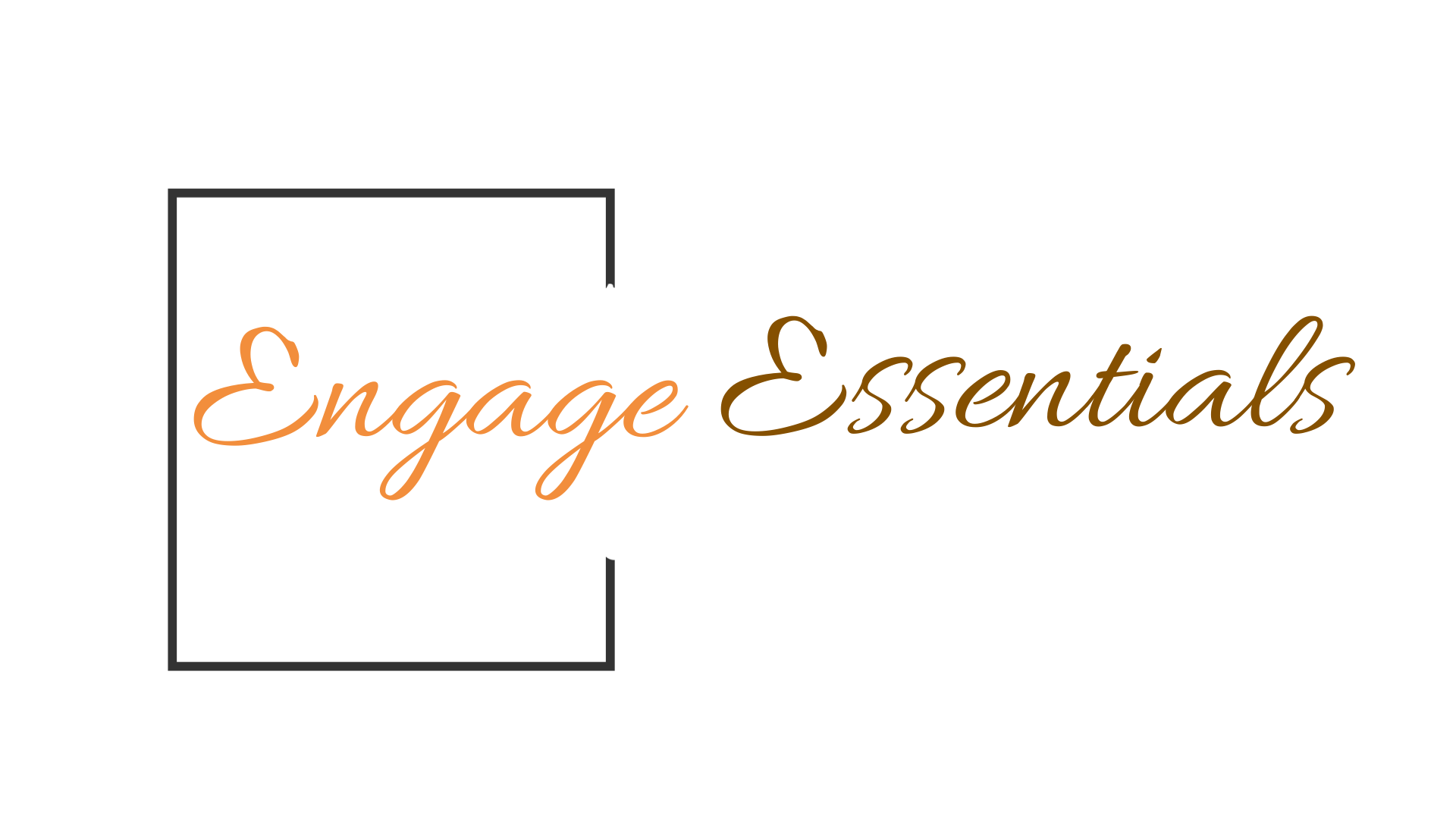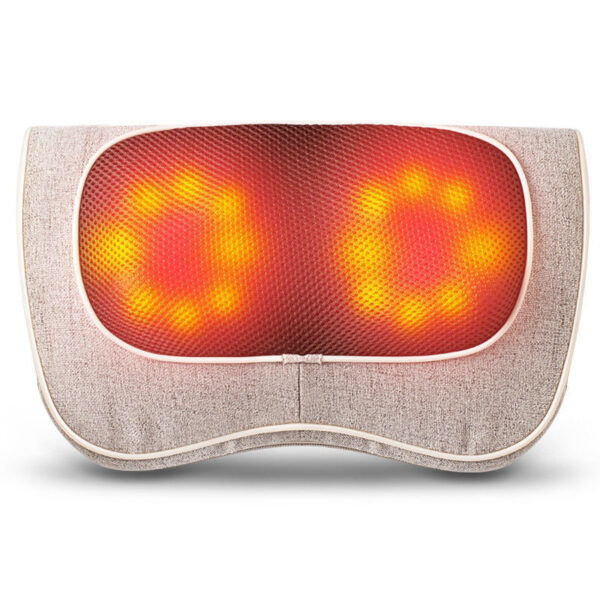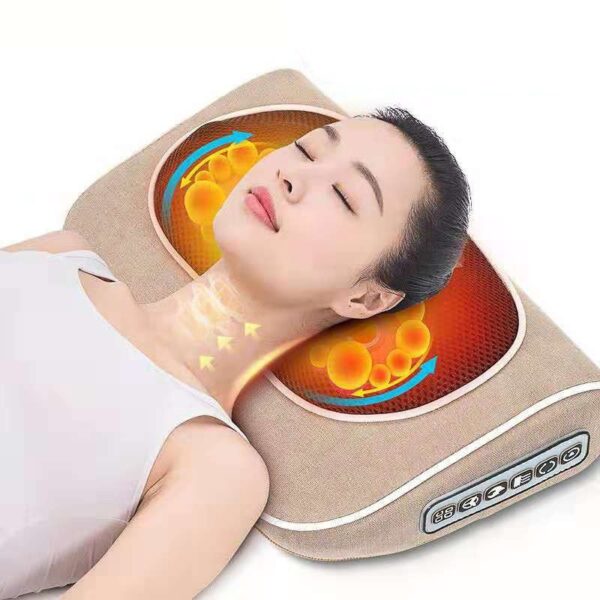mental health and stress relief are crucial aspects of overall well-being that have garnered significant attention in recent years. The deliberate control of breath, also known as breathwork, has emerged as a popular technique with therapeutic potential to improve mental health. Various breathing techniques have been studied for their efficacy in reducing stress levels and promoting emotional and physical well-being.
Breathwork encompasses practices aimed at regulating breathing patterns to enhance mental, emotional, and physical health. Techniques such as alternate nostril breathing from yoga, vase breathing from Tibetan Buddhism, and conscious connected breathing from psychedelic communities have gained popularity worldwide. Slow-paced breathing practices have particularly received research attention due to their potential psychophysiological mechanisms of action.
Research suggests that slow-paced breathing can influence the autonomic nervous system (ANS) by increasing heart rate variability (HRV). Higher HRV is associated with more robust responses to changes in breathing and a more resilient stress-response system. Stress, anxiety, and depression are often linked to impaired ANS activity and low HRV. Techniques like HRV biofeedback or simply pacing respiration slowly can help improve these conditions.
The Polyvagal Theory posits that vagal nerves play a crucial role in bidirectional communication between the body and brain. Vagal tone, which can be influenced by breathing practices, is associated with improved health and emotional functioning. By modifying breathing patterns, individuals can rapidly influence brain regions responsible for behavior, thought processes, and emotions.
Studies have shown that breathwork interventions are associated with lower levels of self-reported stress compared to non-breathwork controls. Meta-analyses on self-reported anxiety and depressive symptoms have also demonstrated significant improvements following breathwork practices. However, it is essential to conduct further research using low risk-of-bias study designs to avoid misinterpretation of results due to hype surrounding breathwork.
The prevalence of stress-related conditions such as anxiety and depression has increased significantly in recent years. Chronic stress has been linked to various non-communicable diseases, highlighting the importance of effective stress management strategies. Prior to the COVID-19 pandemic, mental health issues were already a significant concern globally.
Research indicates that approximately 40% of adults experience stress daily, emphasizing the need for interventions that can help mitigate its effects on mental health. Stress management programs tailored for adolescents have shown promise in preventing the onset of anxiety and depression symptoms. These school-based programs aim to equip young individuals with coping mechanisms early on to promote better mental health outcomes later in life.
In conclusion, breathwork has emerged as a promising intervention for improving mental health and reducing stress levels. The psychophysiological mechanisms underlying breathwork techniques provide valuable insights into how regulating one’s breath can positively impact emotional well-being. Further research is needed to explore the long-term effects of breathwork on mental health outcomes comprehensively.




